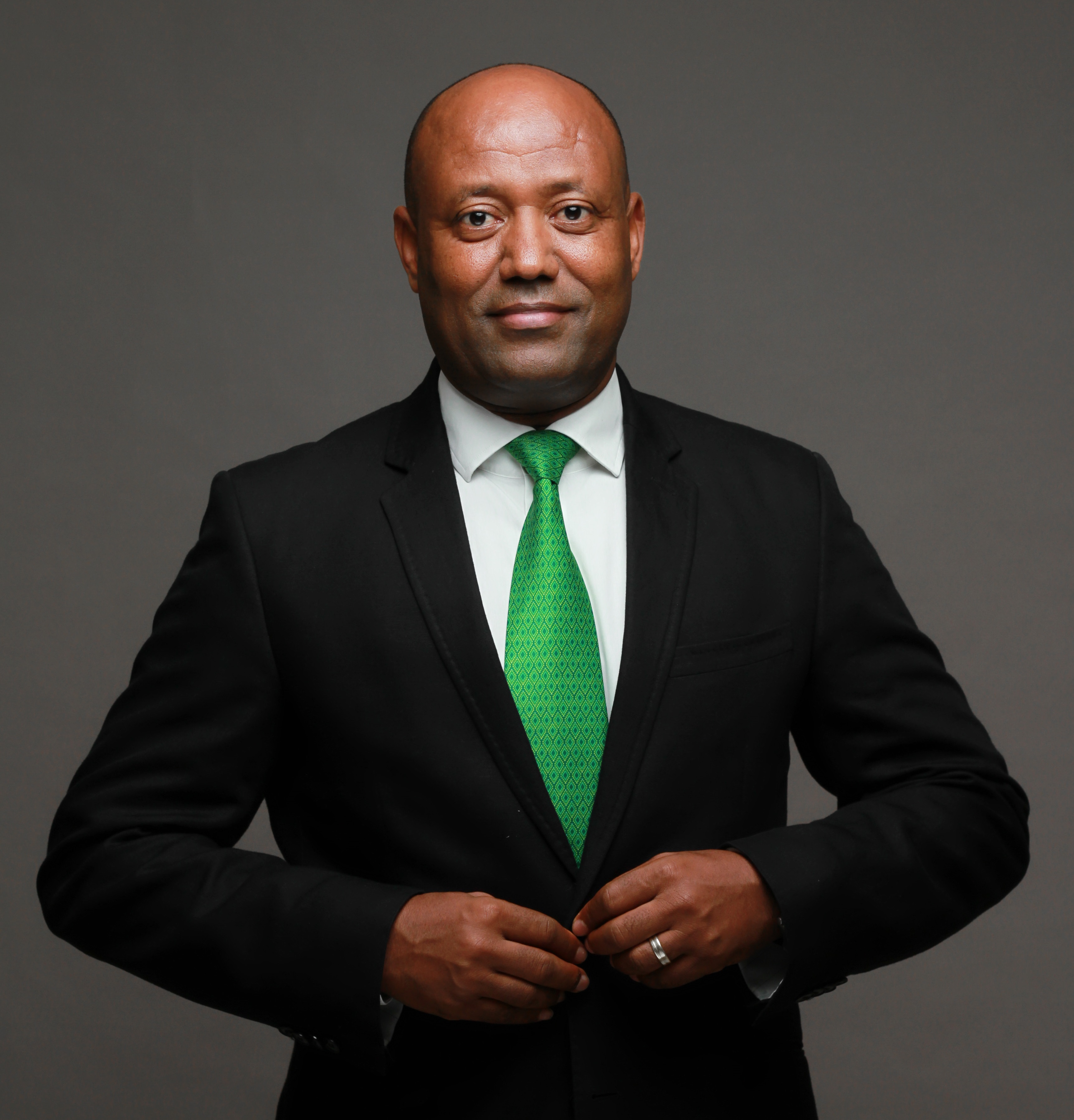Accessibilty Links
We use cookies to improve your experience on our website. By continuing to browse, you agree to our use of cookies.
Beyond wealth: The key to building a lasting legacy across generations
02 October 2024 The adage 'from shirtsleeves to shirtsleeves in three generations' highlights the struggle of keeping family wealth intact. While it’s wise to take proverbs with a grain of salt, this one deserves some thought.
A 20-year study by The Williams Group analysed over 3 200 families and found that 70% of them lose their wealth by the second generation and 90% by the third.
'This research reveals a troubling reality: Wealthy families have difficulty keeping their wealth for future generations. It highlights the urgent need for improved strategies to ensure sustainable wealth moving forward,' notes Biniam Ghirmatsion, Executive for Private Wealth and Bancassurance at Nedbank Namibia.
The urgency of passing on the necessary skills to manage and grow wealth effectively is highlighted by UBS’s Global Wealth Report 2024, which predicts that globally $83.5 trillion in wealth will be transferred to younger generations over the next 2 decades.

A significant portion of this wealth transfer will occur in Africa. According to Henley & Partners’ Africa Wealth Report 2024, Africa's total investable wealth is currently $2.5 trillion, and its number of millionaires is expected to rise by 65% in the next 10 years.
'This anticipated transfer of wealth can manifest in various forms, including cash, investment funds, stocks, bonds, real estate, and businesses,' says Ghirmatsion. 'While these assets are valuable, it is the knowledge that accompanies them that truly enables their transfer across generations.'
In this context, one of the most effective ways to begin building generational wealth is through homeownership, he says.
'A well-managed real estate portfolio - whether through long-term ownership or rental properties - can significantly contribute to this goal.'
He adds that the recent downturn in the local property market appears to be stabilising, with Namibia’s housing market anticipated to grow at an annual rate of 3.61% over the next 6 years, potentially reaching US$52.05 billion by 2029.
Furthermore, the country’s increasing population, flourishing tourism sector, and burgeoning oil and gas industry contribute to a strong demand for rental properties.
'Investing in real estate offers a steady cash flow and the potential for value increase as land prices rise with inflation and economic growth,' says Ghirmatsion. 'Additionally, real estate provides tax benefits and builds equity, which can be used for further investments or retirement planning for future generations.
'Creating and maintaining an investment portfolio is another powerful way to leverage your money and make it work for you', he adds.
'To build wealth over time, a variety of investment vehicles can be utilised, each offering unique advantages.'
Stocks offer high returns through capital appreciation and dividends, making them suitable for long-term growth. In contrast, bonds provide stability and predictable income, appealing to those prioritising lower risk and capital preservation. Private equity allows for direct investments in private companies, often yielding significant returns but requiring a longer investment horizon and carrying higher risks.
A well-diversified portfolio that includes these investment vehicles can effectively balance risk and return and be tailored to meet individual financial goals.
'Nedbank’s Private Wealth managers play a crucial role in assisting clients in creating diversified investment portfolios that match their risk tolerance and objectives,' Ghirmatsion adds. 'They also provide continuous monitoring and management to ensure the portfolio stays aligned with the client's goals over time.'
However, he emphasises that while growing your wealth is essential, protecting it is equally critical.
‘There are numerous long-term insurance products designed to safeguard your wealth from potential setbacks - from life insurance, business insurance, and property coverage to income protection that supplements your earnings in the event of retrenchment, critical illness, or disability,’ he notes.
Namibia’s financial services industry offers a wide range of sophisticated insurance products catering to both wealthy individuals and those in lower to middle-income brackets. Remarkably, in 2018, Namibia ranked as the 58th largest insurance market globally in terms of life insurance, which is impressive given its relatively small population and low percentage of insured individuals.
'Life is unpredictable, and unexpected risks can threaten your financial legacy. That’s why comprehensive insurance strategies are essential for protecting your wealth, even during challenging times.
'Another often overlooked method of protecting wealth is through effective estate planning', says Ghirmatsion.
A recent financial industry survey focusing on affluent African families reveals that since 2014, fewer than 20% have established a succession plan.
'A common misconception is that only those with significant assets need an estate plan. In reality', he cautions, 'even modest assets can provide the next generation with a vital financial foundation.'
Ghirmatsion recommends assembling a team that includes an estate planning attorney, a tax advisor, and a financial professional to create an effective strategy for distributing and investing your wealth.
'Together, they can help you develop a comprehensive plan that ensures your legacy endures.
'However, distributing generational wealth doesn’t have to be limited to family', he says.
Many wealthy individuals choose to share a portion of their fortune with charities, foundations, and causes that resonate with them.
Philanthropy is not just about giving back; it’s a powerful way to create a meaningful and enduring legacy. This is something we at Nedbank are deeply committed to.
Nedbank Private Wealth proudly sponsors the Nedbank for Good Golf Series, an annual golfing series that raises funds for various Namibian charities.
Our Private Wealth managers are well-equipped to help clients develop effective charitable giving strategies that not only achieve their philanthropic goals, but also maximise tax benefits.
'This may include establishing donor-advised funds, charitable trusts, or private foundations, along with providing guidance on selecting charities and structuring gifts', Ghirmatsion adds.
'However,' he adds, 'it’s important to note that wealth, however considerable, has an endpoint if it’s not properly cared for - proper planning and communication are extremely important as you prepare your heirs for the future.
'In addition to passing down financial wealth, you must also pass down intangible wealth, such as financial education and literacy, values, and spending habits,'’ advises Ghirmatsion.
In 2017 the Namibia Statistics Agency revealed from a study done a few years prior that, worryingly, only 42.75% of Namibians aged 16 and older are financially literate.
'A considerable amount of work still needs to be done. Passing down generational wealth can involve parents teaching their children about budgeting or assisting teenagers with their first car or a home down payment. It can also include introducing kids to valuable resources like podcasts, community education courses, books, and blogs that enhance their understanding of building and maintaining wealth,' Ghirmatsion adds.
Wealth should be viewed not only as a means of personal and family success, but also to build a legacy that endures across generations.
'With the right strategy - financial education, savvy investment, wealth protection, and philanthropy - clients can achieve both financial growth and a lasting legacy.'




